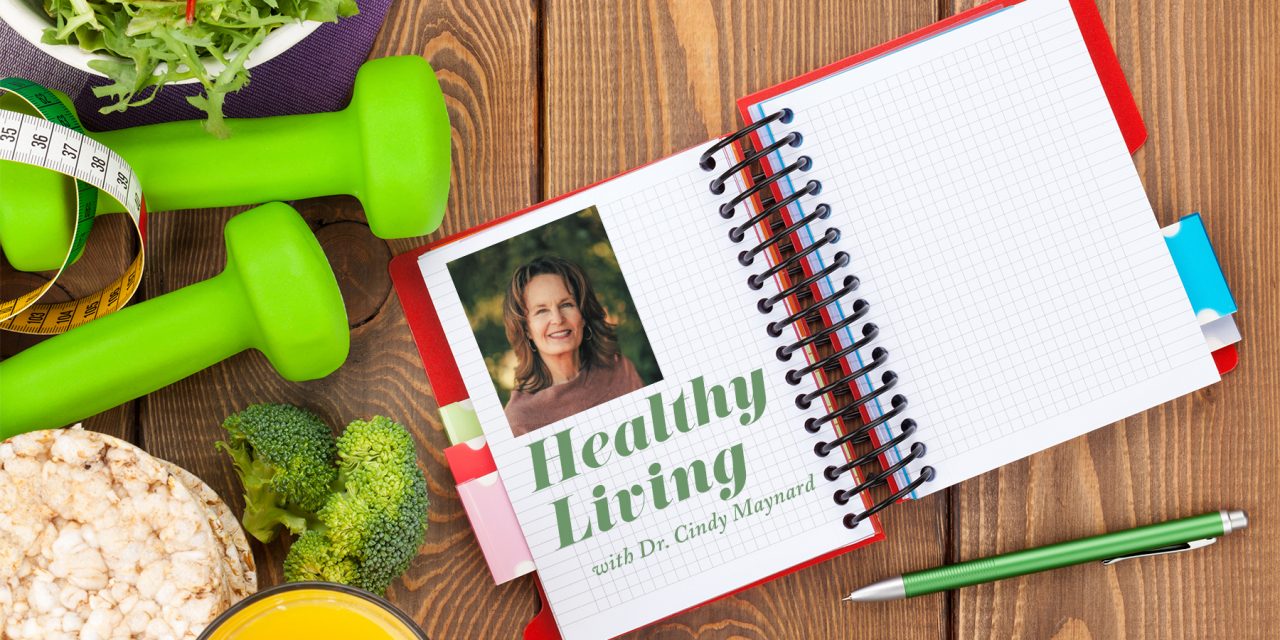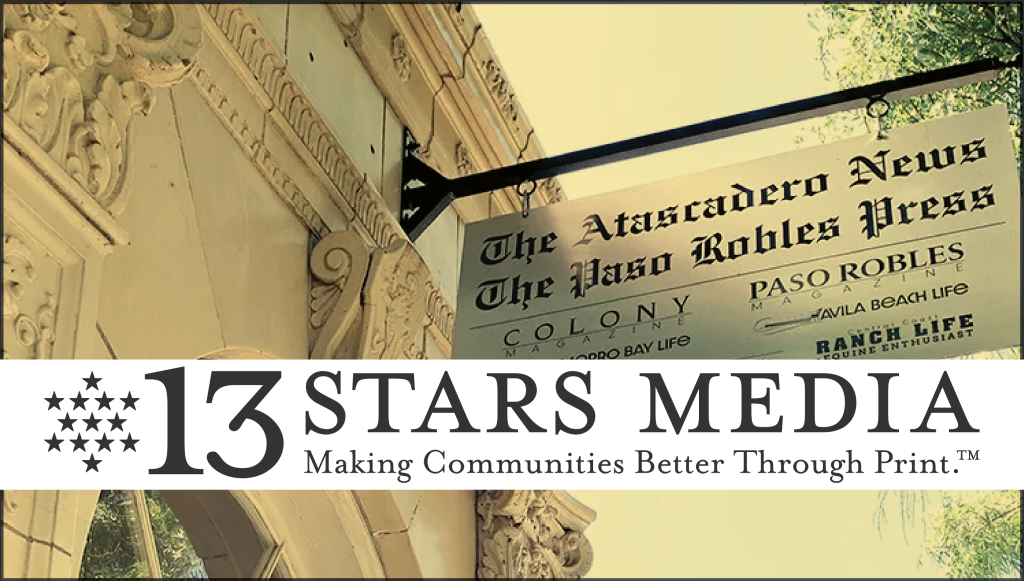It may seem as though stress and spirituality don’t go together, but where there is stress, there is an opportunity for soul growth, especially during stressful times such as we’ve experienced with Covid. In his stress management workshops, psychologist Brian Luke Seward, Ph.D., says that the evolution of our soul typically involves a journey where there is a beginning or a departure from the familiar, the middle is a set of trials, and the end is a return home to the old life but with a fresh perspective. Call it a pilgrimage or the hero’s journey. You’ve probably noticed it in your own life.
In fact, if you were to talk with anyone who has gone through difficult times, they might say that the resources they used to help them included patience, humor, forgiveness, optimism, and love. Seward calls these “muscles of the soul” or the inner resources we use to overcome roadblocks in life. Like physical muscles, these muscles will never disappear; however, they can atrophy if we don’t use them.
In her class on The Good Life, Dr. Laura Santos, a psychologist, and professor at Yale University discusses building up these soul muscles. You can google her lecture on YouTube, and you’ll get the quick crash course. Here are 6 of her insights on what happy people do to live The Good Life.
They practice gratitude. Literally, writing down a list of things we’re grateful for can change our brain chemicals. Yet, our brains typically default to the negative. But we can re-train the brain. When we look for the positive in life, we start attracting this, and let’s face it; we can all use more positive energy in our lives! At the end of the day, list ten things you are grateful for and see if your perspective changes.
Happy people help others. If we had extra money, you would think we would spend it on ourselves, and it would make us happy. But research shows we’re happier when we spend it on others rather than ourselves. Whether it’s paying it forward for the person behind you in the coffee line or paying someone’s toll on the toll road behind you— it makes us happy!
Happy people connect socially. They make time to be with others. And it doesn’t have to be friends or family. Research shows we can boost our happiness just by striking up a conversation with a stranger on the bus or the person who rings up our groceries. Social connection is thought to be one of the most powerful influences on our mood and health.
Happy people practice healthy practices. What do I mean by that? Examples are exercise, sleep, and diet, which boost our immune systems and mental health. Dr. Santos says just 30 min. of cardio is equivalent to taking an anti-depressant daily. So, by making time for these healthy practices, we become happier.
Happy people stay in the moment. I’ll admit, this is a tough one for a lot of us. We’re not paying attention to what we’re doing and totally miss out on the present most of the time. Being in the present moment simply means noticing the feel of the warm sweater you are wearing, the smell of fresh coffee as it’s brewing, or watching a sunset. Practicing mindfulness boosts mental health, cognitive ability and reduces stress.
Lastly, happy people become wealthy. You’ve probably guessed I’m not talking about money. In fact, Dr. Santos explains that we think if only I had this or that, it would make us happy. But research shows that promotions, new relationships, or winning the lotto only temporarily boost happiness before we return to baseline.
So, the takeaway from these six insights is that internal, not external, factors make lasting changes. It’s up to us to change our culture of negativity. Remember, we control a lot more of our happiness than we think.
———
Cindy Maynard, Ph.D., RD, is a health psychologist, registered dietitian, and health and fitness writer. She is passionate about fitness, wellness and motivating people towards better health. You can contact her at drcindymaynard@live.com.




